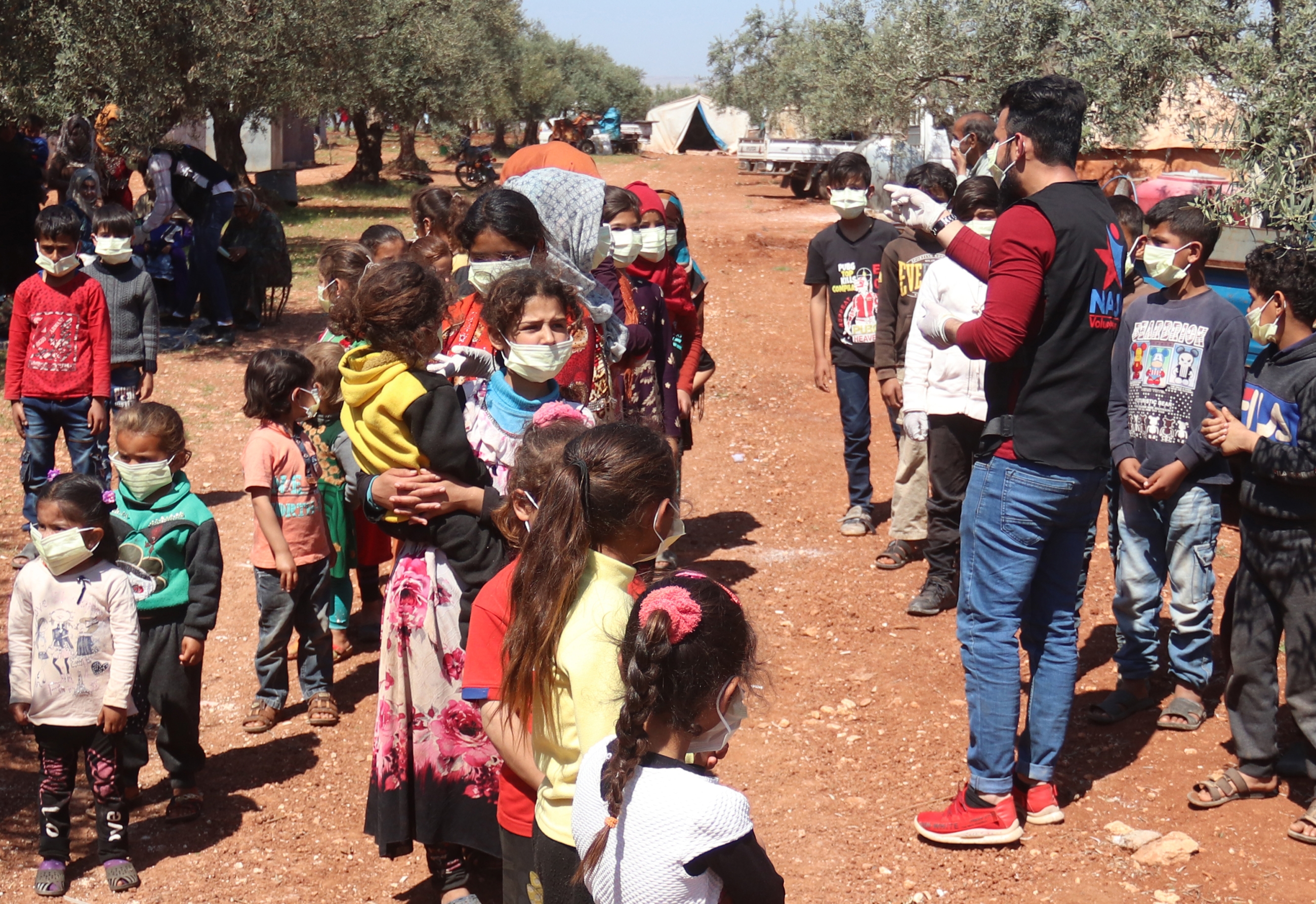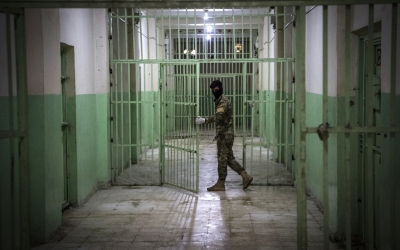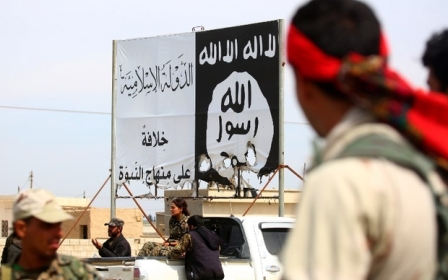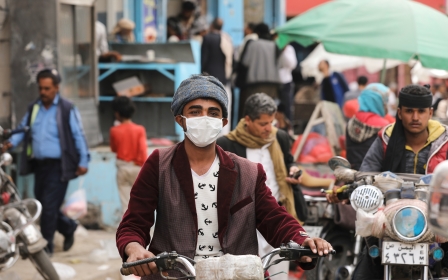Trump halt to WHO payments could severely impact Syria and Yemen, warn aid groups

US President Donald Trump's move to cut funding to the World Health Organisation (WHO) may risk exacerbating humanitarian crises in Yemen and Syria, aid organisations have warned.
Trump announced at a news conference on Tuesday that he was instructing his administration to halt funding pending a review, as he claimed the WHO was guilty of "severely mismanaging and covering up the spread of the coronavirus".
However, aid organisations said that the freezing of Washington's $400m annual payments to WHO would end up worsening the spread of the virus and adding to already precarious situations in war zones like Syria and Yemen.
“Cuts in funding to the World Health Organisation could have a devastating effect in Syria, as it plays a crucial role preventing and responding to Covid-19 across the country," Matthew Hemsley, Oxfam’s policy adviser in Syria told Middle East Eye.
"This is especially true in bringing in testing kits and other vital medical supplies which can be very challenging to import into Syria due to international sanctions."
New MEE newsletter: Jerusalem Dispatch
Sign up to get the latest insights and analysis on Israel-Palestine, alongside Turkey Unpacked and other MEE newsletters
Governments and NGOs are poised for disaster if the coronavirus begins to spread dramatically through Syria and Yemen.
Both countries have been devastated by years of war and lack much of the vital infrastructure that would be needed to tackle the virus.
A UN report released on Wednesday said that more than 14 million people in Yemen lack access to basic hand-washing facilities.
'A cut to [WHO's] funding and operations in Syria could leave already-vulnerable communities without adequate health care and medical facilities while they are at even greater risk during this pandemic'
- Matthew Hemsley, Oxfam
Xavier Joubert, country director for Save the Children in Yemen, said the country was "critically under-equipped" to face the pandemic after the first case was announced last week.
"Only half of Yemen's health facilities are still fully functional," he told AFP.
Yemen has also been struck with a cholera outbreak, killing more than 2,500 people since April 2017.
The WHO said about 1.2 million suspected cases of cholera have been reported in the country.
Threat to the vulnerable
Similar concerns have been raised about Syria, where large chunks of the country remain in ruins and under competing spheres of influence.
The last rebel-held bastion of Idlib has been of particular concern, after more than one million people fled their homes to escape government bombardments, leaving them in crowded camps near the border with Turkey.
"WHO is present in all areas of Syria, regardless of who is in control, and so is in a strong position to assess the needs and risks across the country," added Hemsley.
"A cut to their funding and operations in Syria could leave already-vulnerable communities without adequate health care and medical facilities while they are at even greater risk during this pandemic.”
More than 2 million cases of the coronavirus have now been confirmed worldwide, according to data compiled by Johns Hopkins University.
The US currently has the biggest number of cases, with at least 600,000 Americans diagnosed and a death toll of at least 26,059.
Trump himself has come under fire for mismanaging the crisis.
The global death toll has climbed to 128,071.
Middle East Eye delivers independent and unrivalled coverage and analysis of the Middle East, North Africa and beyond. To learn more about republishing this content and the associated fees, please fill out this form. More about MEE can be found here.





